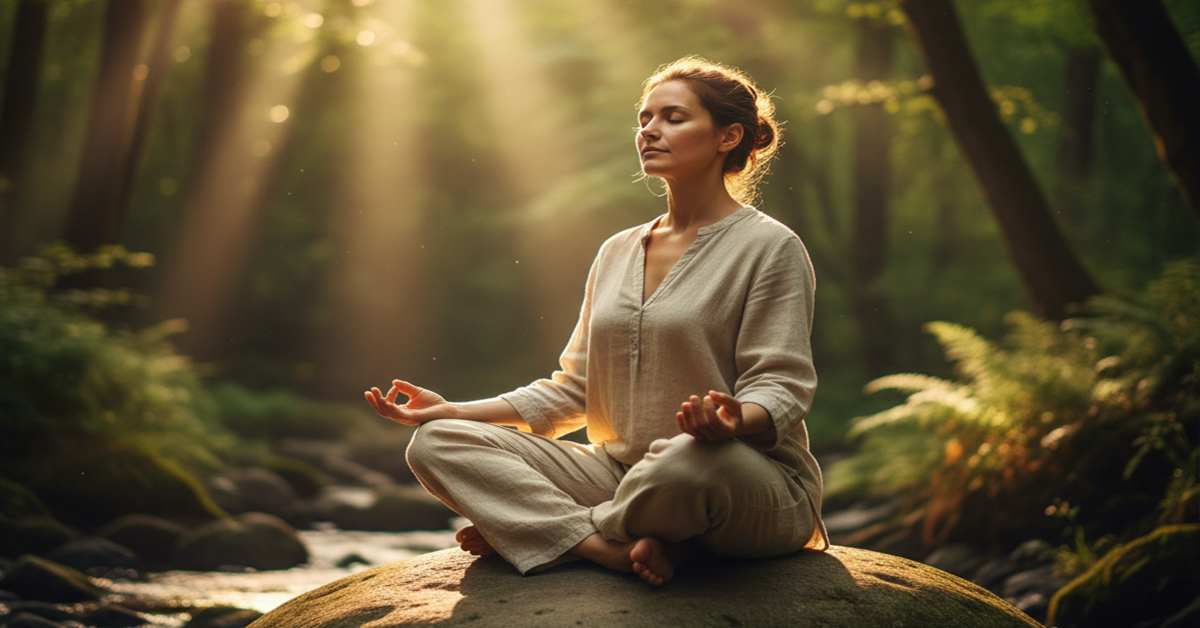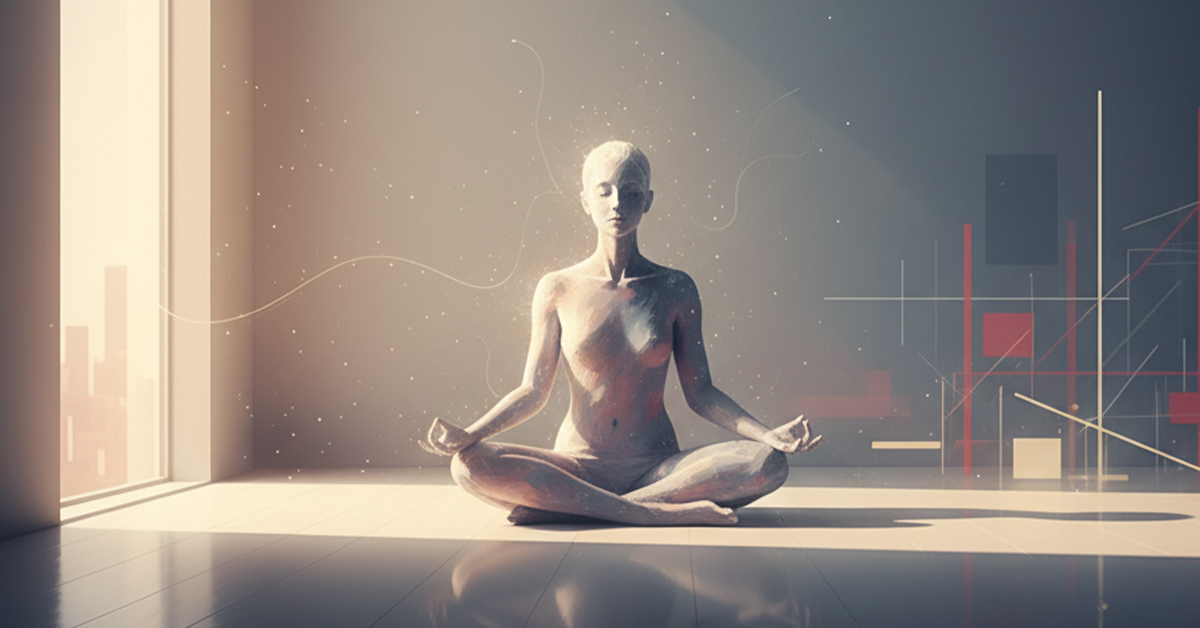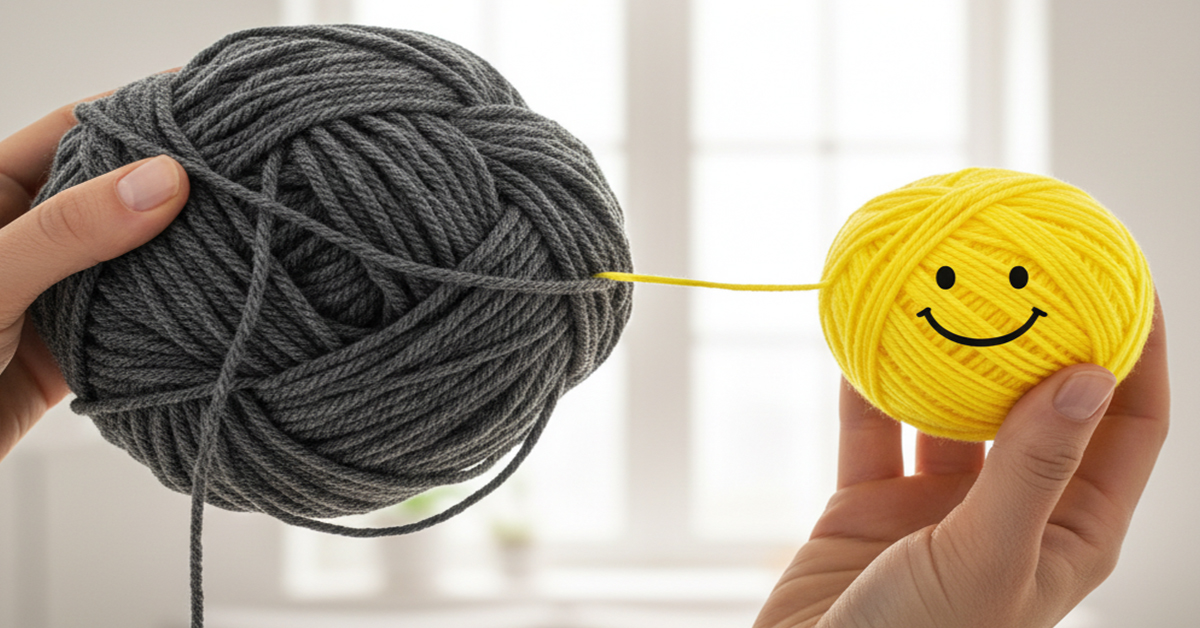The term “mindfulness” has become a buzzword, often tossed around in conversations about wellness, meditation, and stress reduction. But beyond the trendy facade, what does it truly mean to lead a “mindful” life? Is it about sitting cross-legged for hours, chanting ancient mantras, or simply being perpetually calm and collected?
In essence, a mindful life is about presence. It’s about consciously bringing your attention to the present moment, observing your thoughts, feelings, bodily sensations, and the surrounding environment without judgment. It’s not about emptying your mind or achieving a state of blissful detachment, but rather about engaging with life as it unfolds, moment by moment.
Imagine this: you’re drinking your morning coffee. Are you truly tasting it? Feeling the warmth of the mug in your hands? Noticing the aroma? Or are you already planning your day, scrolling through social media, or worrying about an upcoming deadline? In the latter scenario, you’re experiencing life on autopilot. A mindful approach would be to fully immerse yourself in the experience of drinking that coffee, appreciating each sensory detail.
Mindfulness extends far beyond formal meditation practices, though these are certainly a powerful tool for cultivating it. A mindful life is about integrating this conscious awareness into every aspect of your day. It’s mindful eating, where you savor each bite. It’s mindful walking, where you feel your feet on the ground and notice the sights and sounds around you. It’s mindful communication, where you truly listen to others without formulating your response.
One of the most profound benefits of living mindfully is the ability to respond rather than react. When we’re not present, we often get caught in habitual patterns of reaction – lashing out in anger, retreating in fear, or spiraling into anxiety. Mindfulness creates a space between stimulus and response, allowing us to observe our emotions and choose how we want to act, rather than being swept away by them. This brings a greater sense of control and peace into our lives.
Furthermore, a mindful life fosters gratitude and appreciation. When you slow down and truly notice the small details of your existence – the warmth of the sun, the sound of laughter, a kind gesture – you begin to see the abundance that often goes unnoticed. This shift in perspective can significantly enhance overall happiness and well-being.
It’s important to understand that mindfulness isn’t about perfection. You won’t be perfectly present every second of every day, and that’s okay. The practice of mindfulness is about noticing when your mind wanders and gently bringing it back to the present, again and again. It’s a journey, not a destination.
Ultimately, a mindful life is about reclaiming your experience. It’s about stepping off the autopilot, engaging fully with your moments, and finding richness, peace, and clarity in the everyday. It’s about being truly alive to your own life.









